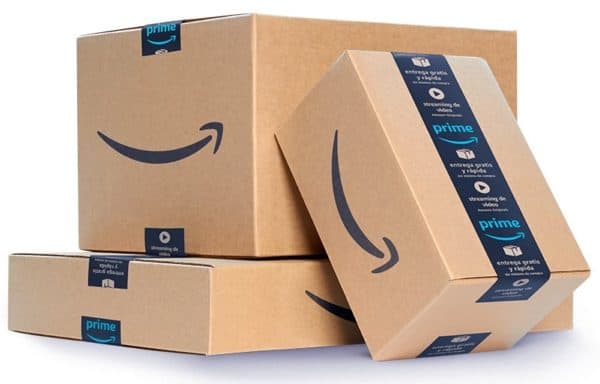Take a pass on Amazon, this portfolio manager says

The long-term prospects for online shopping giant Amazon (Amazon Stock Quote, Charts, News, Analysts, Financials NASDAQ:AMZN) are still great but for investors hoping to buy it more cheaply on this year’s pullback, portfolio manager Darren Sissons says to hold off on that as the stock more than likely has further downside up ahead.
“All of the FAANG stocks have come under pressure and they’ve all come down,” said Sissons, partner at Campbell, Lee & Ross, who spoke on BNN Bloomberg on Wednesday.
It’s so far so good for the month of July as far as the market is concerned, with stocks up across the board including in the technology sector. The tech-heavy NASDAQ Index is up almost eight per cent since the end of June, while the broader S&P 500 Index is up almost five per cent.
The big American tech names have done well. Previously grouped as FAANG (Facebook, Amazon, Apple, Netflix and Google), the new-look group of five that’s been thrown around is MAAMA, which would include Meta Platforms, Amazon, Apple, Microsoft and Alphabet.
That grouping seems to make more sense, since at just $84 billion, Netflix’s market cap is dwarfed by all the others: Meta is at $455 billion, Amazon is at $1.155 trillion, Apple is at $2.430 trillion, Microsoft is at $1.920 trillion and Alphabet is at $1.472 trillion.
Those are staggering numbers. The MAAMA stocks have a combined value of $7.432 trillion, which represents about one quarter of the value of all companies listed on the S&P 500. Thus, where the MAAMA stocks go, so goes the market, and that’s evidently been the case over much of the past year, with stocks like Amazon taking major hits and dragging down the indices. After a mostly flat 2021, Amazon is now down about 26 per cent in 2022.
Sissons said in Amazon’s case changes in consumer habits regarding e-commerce have had their effect on how the market is treating stocks like AMZN.
“During the lockdown everybody had Amazon delivering products to their houses [but] I think we’re in an environment now where people are looking to have social interactions, they’re looking to go out into the community, out on holiday and all those types of things. And that’s somewhat negative for the online shopping experience,” he said.
But just because Amazon’s stock has lost some ground that doesn’t mean there’s not more downside ahead, Sissons says.
“I think in terms of Amazon, their valuation was very extreme. We wrote up about this in our quarterly maybe a couple of times. The valuation had to come down,” he said.
“The company is growing and it’s just the law of large numbers. It’s a great company, but I think the valuation is still too rich. I think it needs to come down. So, we’re not a buyer of Amazon here,” he said.
In fact, Sissons thinks the Big Tech space as a whole is likely to have more room to fall and investors should wait a little bit longer before diving back in. Sissons says the rising interest rate environment is one factor that is likely to keep weighing on the space.
“We could see more more more downside, and higher interest rates are negative for tech. So, for me it’s a pass,” Sissons said.
Ahead of Amazon’s second quarter financials scheduled for release on July 28, the company last reported in late April where its first quarter, 2022, saw net sales increase by seven per cent year-over-year to $116.4 billion. The company also sported a net loss of $3.8 billion or $7.56 per diluted share compared with net income of $8.1 billion or $15.79 per share a year earlier, with management saying the loss was in large part due to a pre-tax valuation loss of $7.6 billion from its investment in electric car maker Rivian Automotive.
CEO Andy Jassy said in the quarterly comments that with Amazon no longer dealing with staffing shortages, the company’s focus is now on improving productivity and cost efficiencies across its fulfillment network.
“This may take some time, particularly as we work through ongoing inflationary and supply chain pressures, but we see encouraging progress on a number of customer experience dimensions, including delivery speed performance as we’re now approaching levels not seen since the months immediately preceding the pandemic in early 2020,” Jassy wrote in a press release.

Staff
Writer


